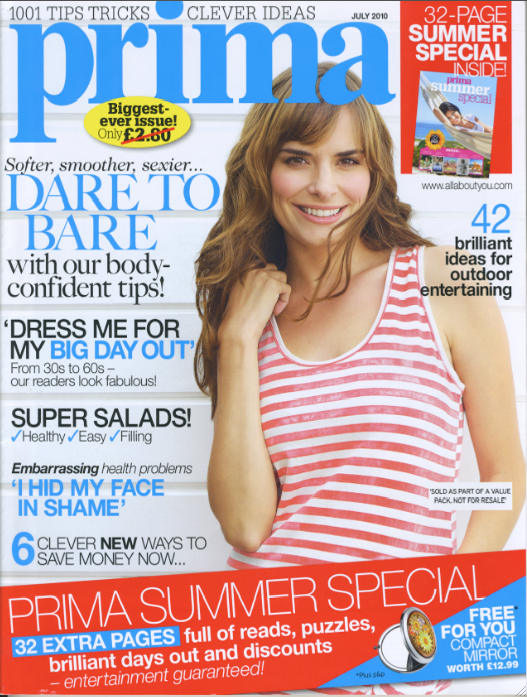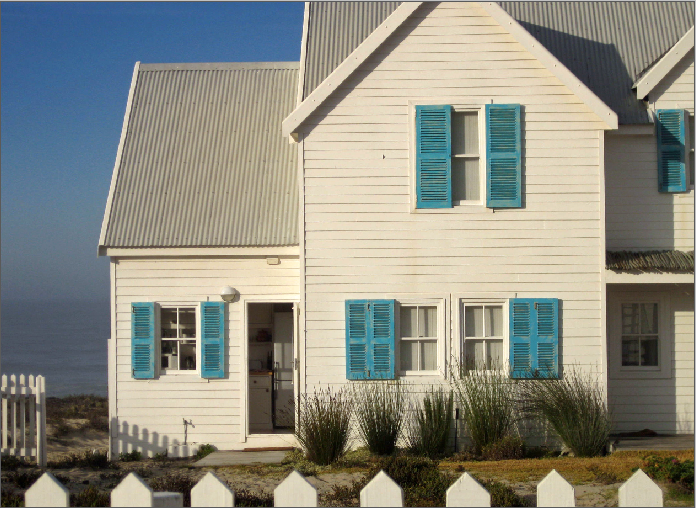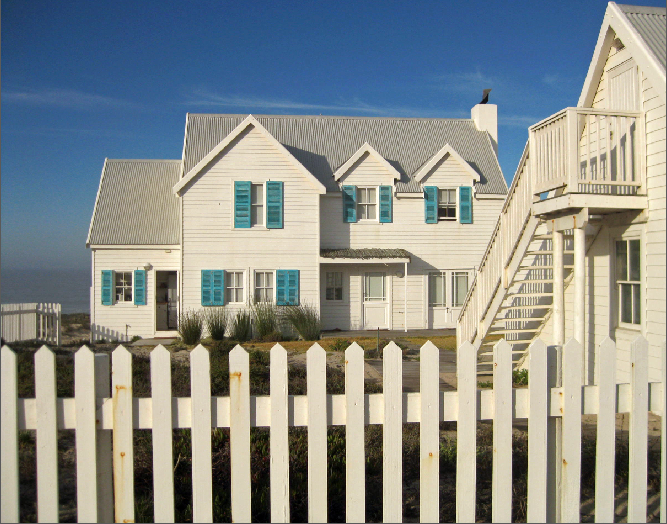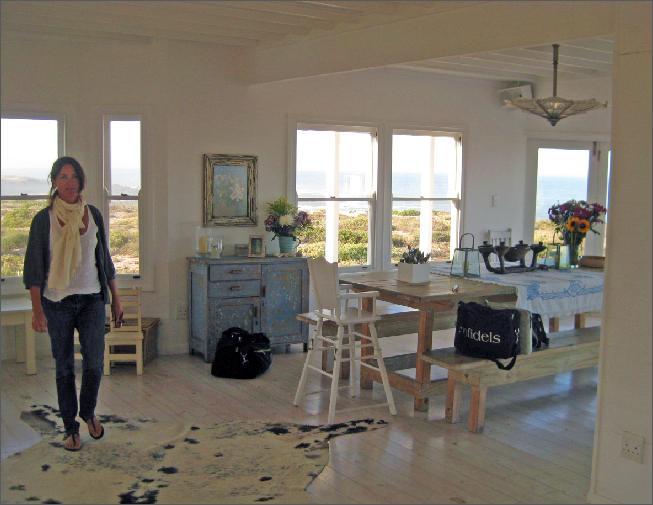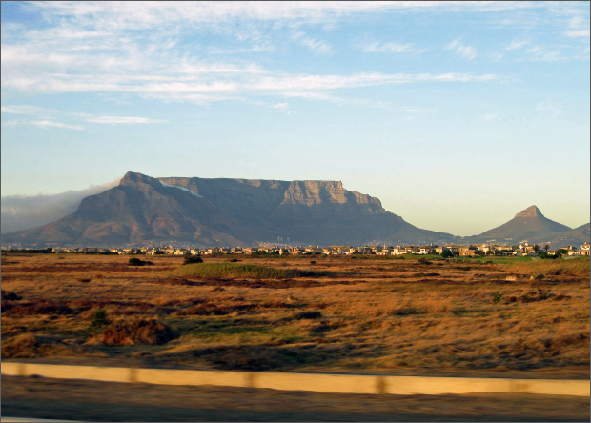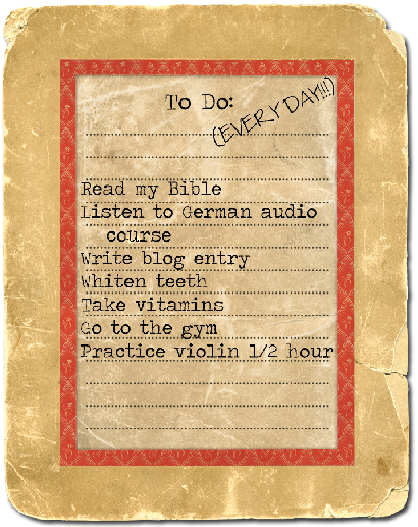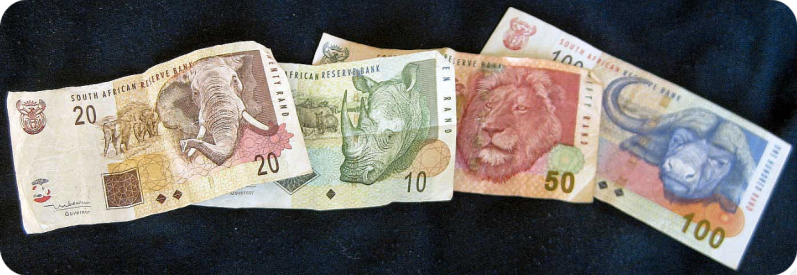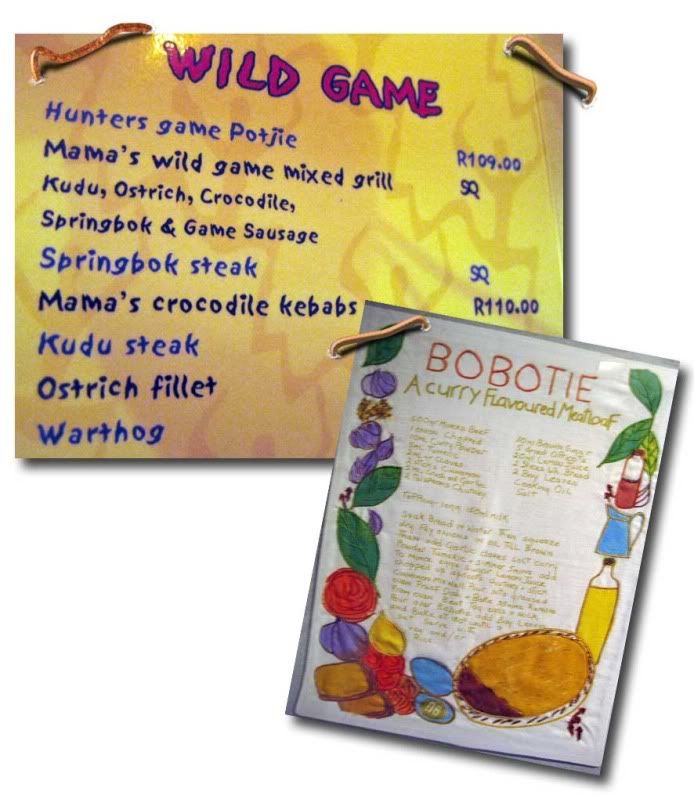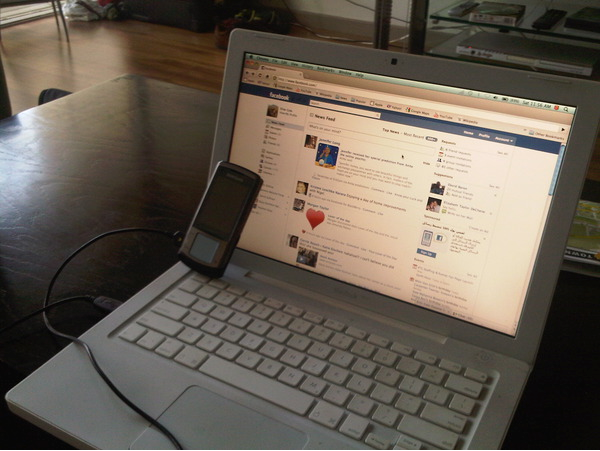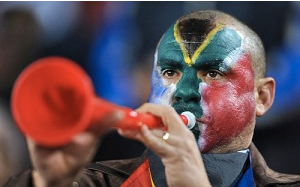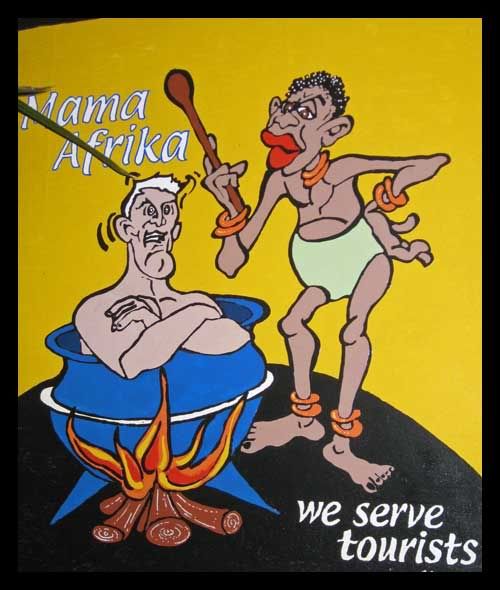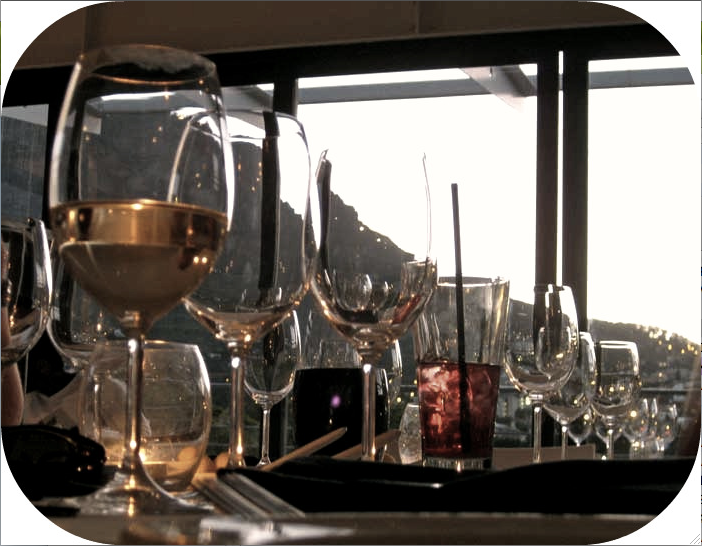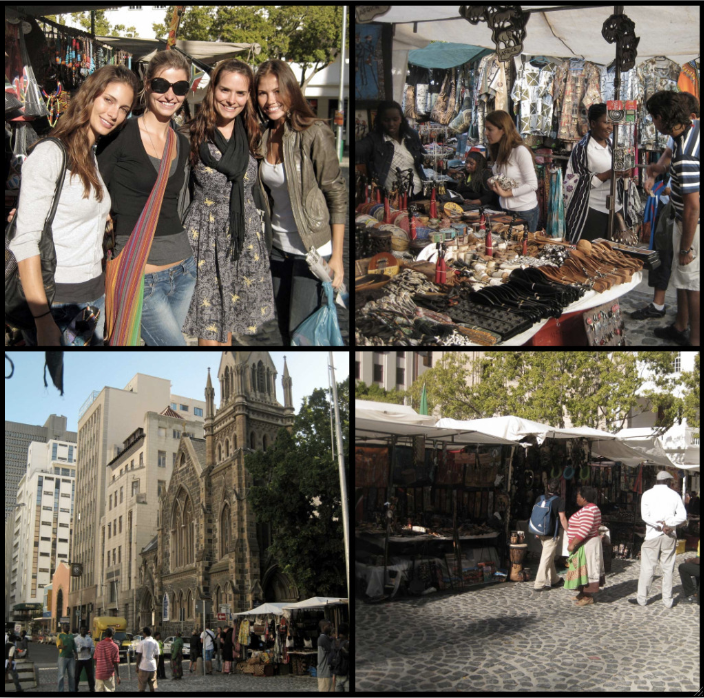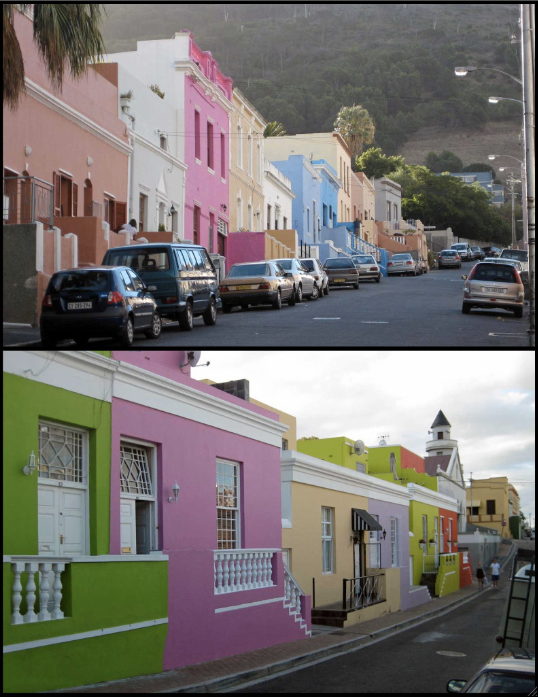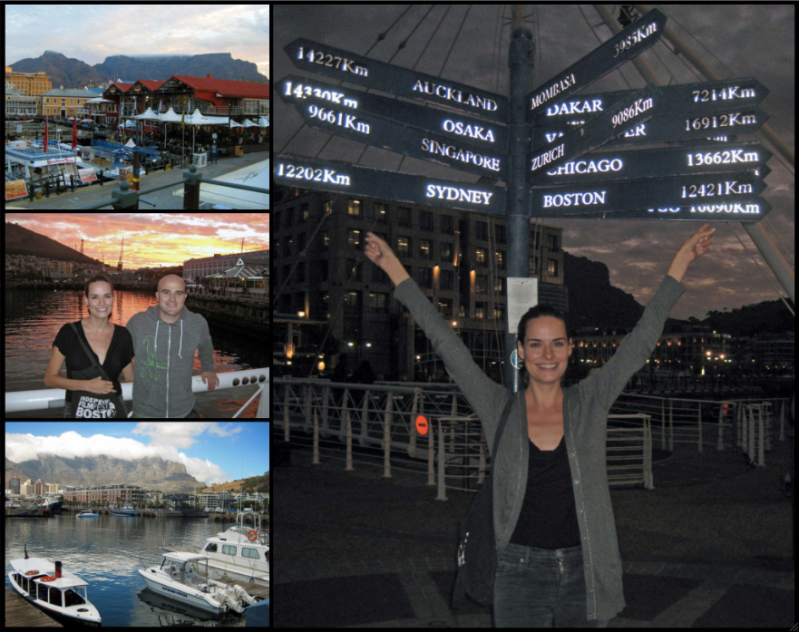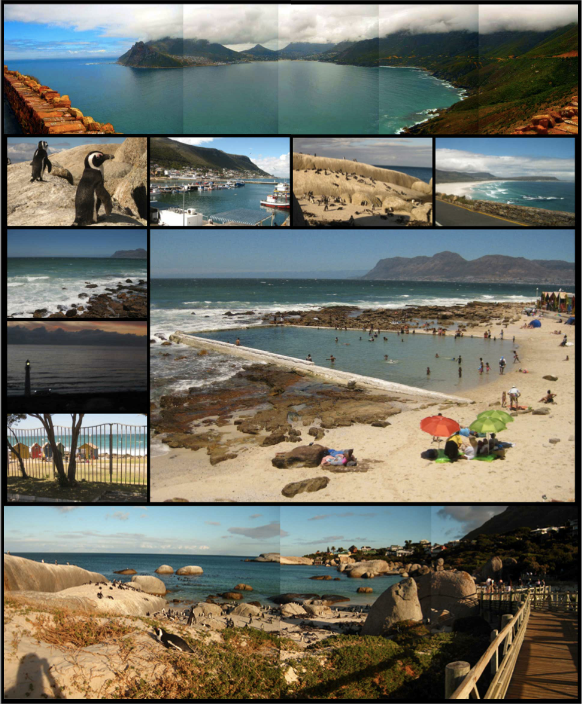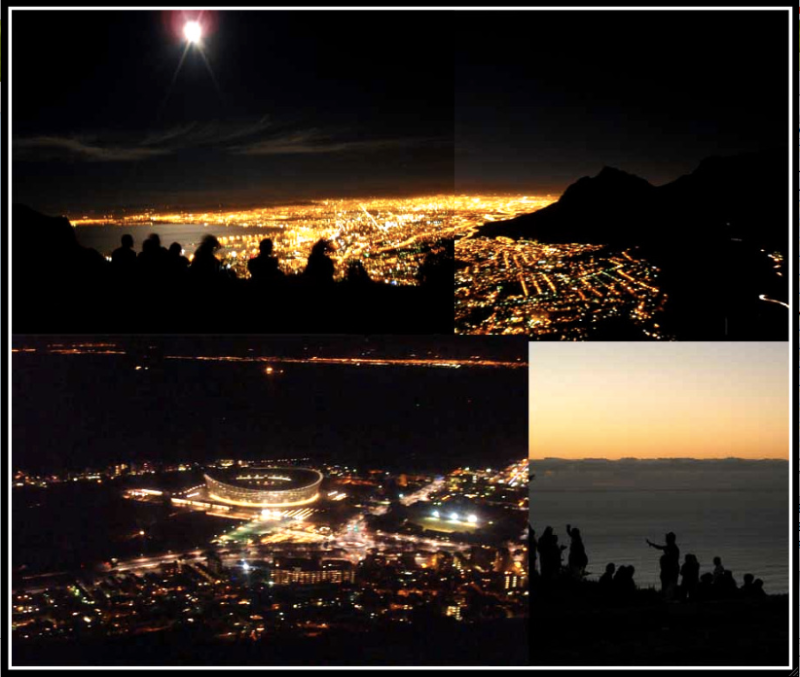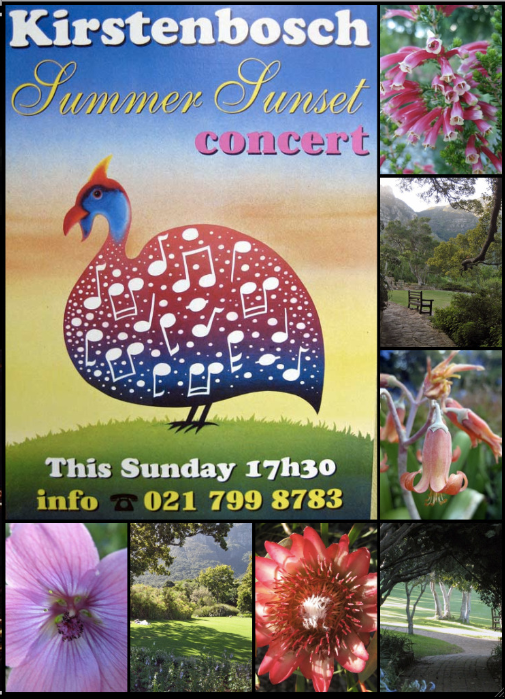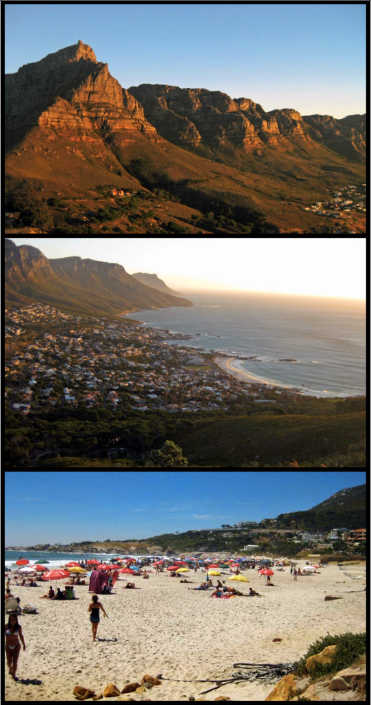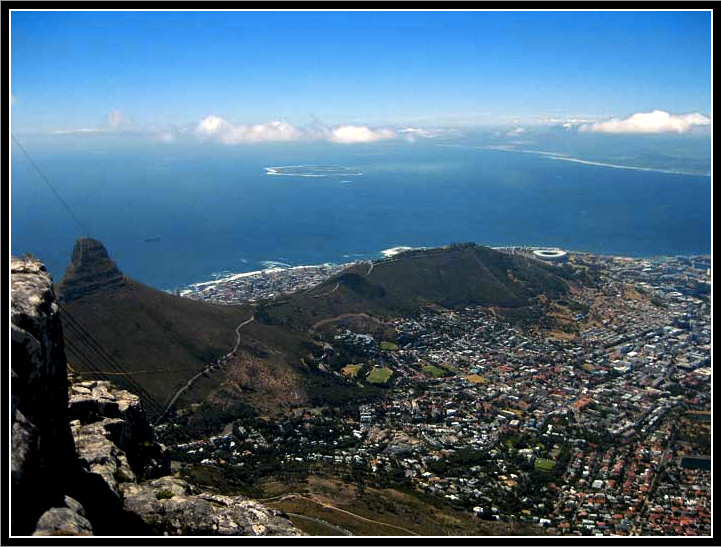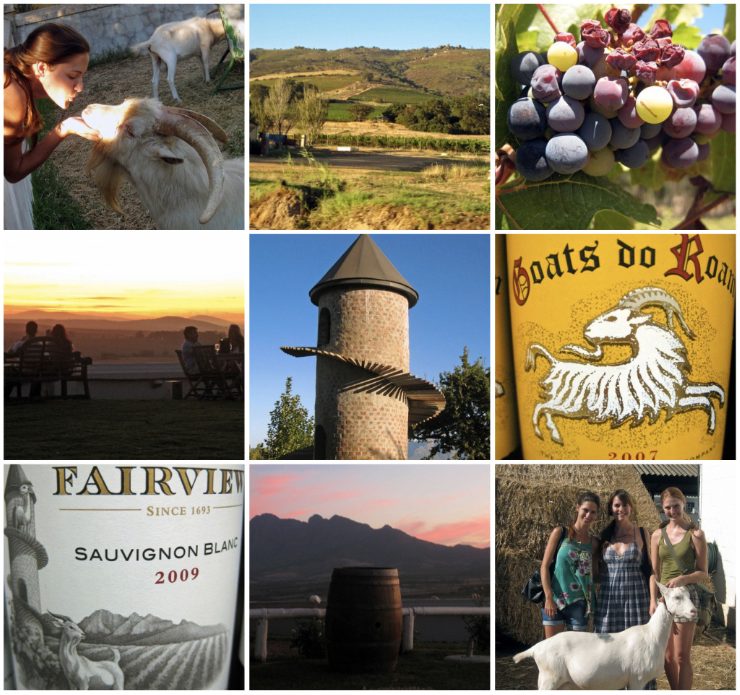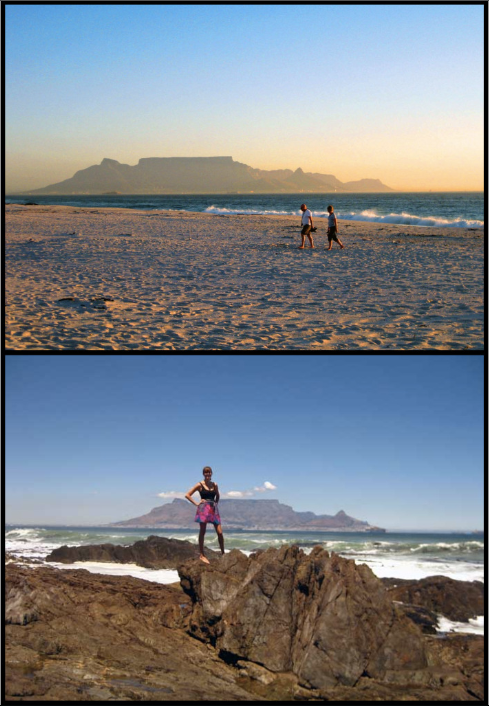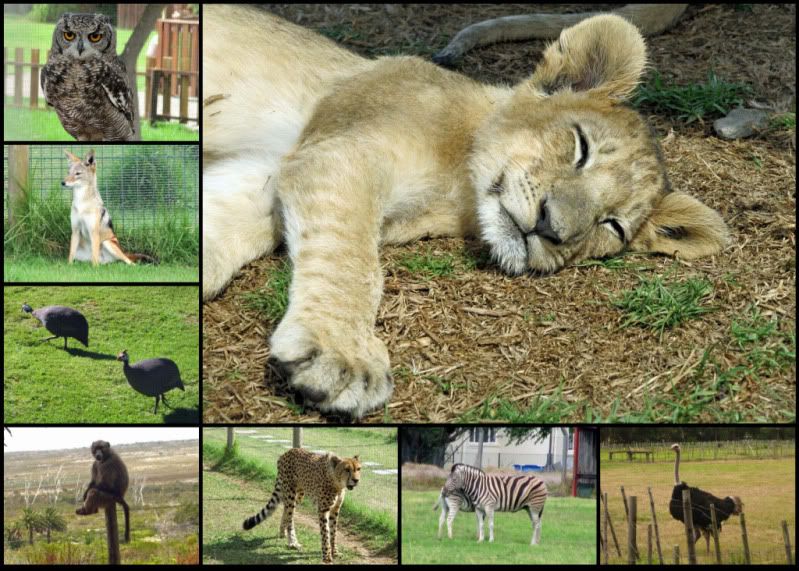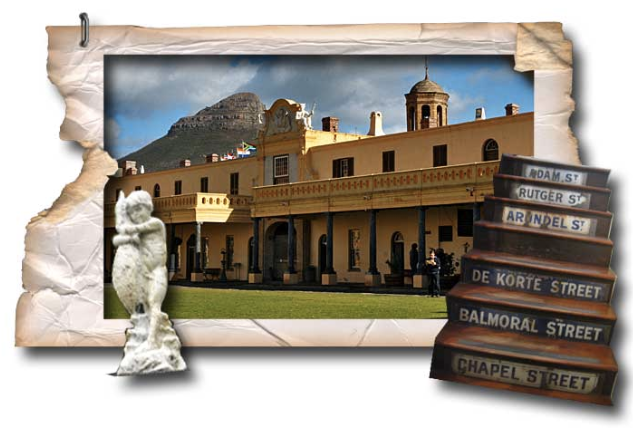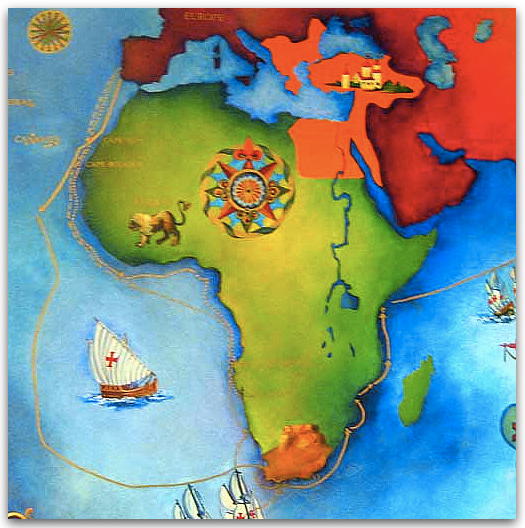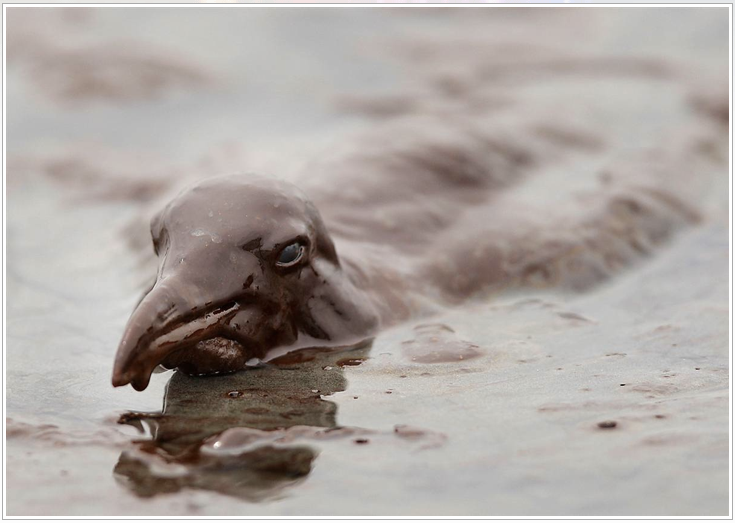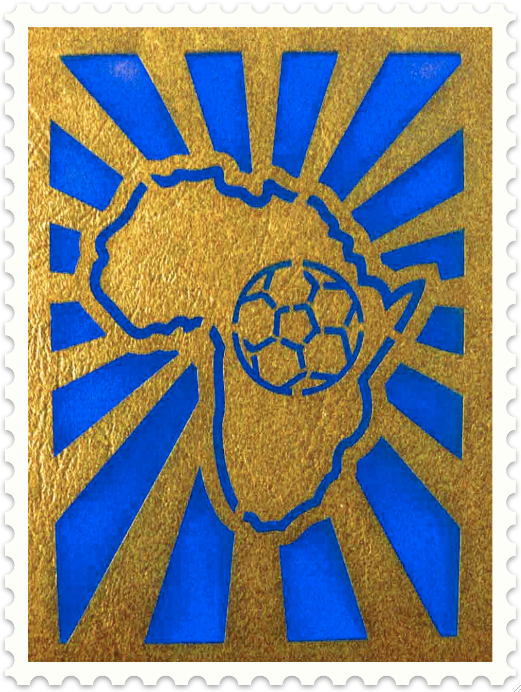 So, you're going to South Africa for the World Cup? You LUCKY FISH (as one of my South African friends says)!
So, you're going to South Africa for the World Cup? You LUCKY FISH (as one of my South African friends says)!
A few months back, a friend of mine emailed me for suggestions of where to go in Cape Town and surrounding environs. He was heading down to watch a couple of the World Cup matches, and was hoping I could enlighten him as to some of the must-see spots. I never got back to him, so this is my last minute guide (the games started June 11th!) to some of my favorite Cape Town places. If you're wondering what makes me qualified to write this post, I must say that I'm absolutely NOT qualified, but I did live a stone's throw away from the fancy new stadium in Greenpoint during January, February, and March, and so, have at least a few opinions.
Where to start?(The A-to-Z guide)
Cell Phone: Your American cell phone will not work unless it supports the 900 frequency (many American phones do not). If your cell phone does, and it has a sim card, you can purchase a sim card for 4 Rands (50 cents) at most drug stores and grocery stores. It's pay-as-you-go, so just buy more phone credit when you run out.
Climate: Bear in mind that June is winter in South Africa and that at night time, the temperature can dip to 40°F/4.5°C. The high temperature for June and July is about 62°F/17°C. Expect rain, and if it is anything like the summer months, it will be incredibly windy as well.
Church: If you find yourself in Cape Town over the weekend, and looking for a church, I can recommend the one I attended while I was in South Africa. They preach the Gospel and are committed to furthering social justice in the city of Cape Town. They meet in the heart of the city at 44 Long Street in the New Space Theater. Service is every Sunday at 5:30pm.
View their website here.
Currency: The currency is the South African Rand.
The current exchange rate is $1US= $7.85ZAR or €1EUR= $9.35ZAR
The bills feature Africa's "Big Five"-- the five most difficult animals in Africa to hunt on foot. They are the African Elephant, the Black Rhinoceros, the Lion, the Cape Buffalo, and the Leopard.
Food: Yum! Try everything. The cuisine was some of the best (and consistently so!) that I've ever had.
Getting Around: South Africans drive on the left-side of the road, and in my opinion, were some of the worse drivers I've ever seen (Sorry! but it's true. I feared for my life just walking down the street, and my poor friend, Catherine, did get hit one day while walking, and the driver didn't even stop!). If you rent a car, make sure you get insurance. Also, if you do drive, make note of the "car guards" when parking. Little more than bums with reflective vests on, they help you park your car, and expect payment when you leave. Capetonians always pay these guys, so you probably should too (and, yes, it does feel like extortion). $2 Rand is sufficient.
Internet: Sadly, internet in South Africa tends to run quite slow, and unfortunately, is also expensive. Rather than unlimited usage, you are charged by kilobyte uploaded and downloaded. There are some internet cafes, but most block websites such as YouTube which eat up kilobytes. I ended up turning off all pictures on my browser to try and keep the price down. And, in the end, I ended up doing what the South Africans did-- I "MacGyver'd" my phone and turned it into a modem that I connected directly to my laptop (see accompanying photo). My advice? Leave your laptop at home, and use the internet cafe when you need a fix.
Languages: South Africa has 11 official languages which include English, Afrikaans, Xhosa (which uses clicking sounds!), and Zulu. You'll be fine speaking English, but expect to here new words/phrases such as
robot (traffic light),
bakkie (pick up truck),
lekker (nice),
kiff (pleasurable),
braai (barbeque). My favorite expression I picked up there is
"shame," which is what people say anytime they hear something bad or sad. Also, expect to hear the word
now (and its variations) used to mean soon, or in a little while. On the phone, they may say something like,
"I'll see you now-now," which actually means, "I'll see you in a little bit." You'll want to add
T.I.A. to your vocabulary as it's likely something you'll say a lot-- it means,
"This is Africa," and you say it with a shrug of your shoulders when things go wrong (i.e., the internet cafe loses power, or the waiter brings you something different from what you ordered). Remember, you're in Africa, and things don't always run as smoothly as you may be used to. Finally, if you want a name for that annoying horn everyone and their brother is blowing (bring earplugs-- they're loud!), it's called a
vuvuzela. (Click here for more South African "English" words).
Public Transport: Public transport is pretty shoddy in Cape Town. There are regular taxis, which can be flagged down on the street (make sure they use their meter), but it's better if you can book ahead. Excite Taxi company's number is 021 418 4444. Rikkis (086 174 5547) is a shared taxi that charges a flat rate per person, but is the most dependable mode of transport. You'll need to call ahead to book. There are also mini busses that run on selected routes. White South Africans don't ever take these, but then again, they all have their own transportation. I did take the mini busses, but I do think caution is in order (one girlfriend was kidnapped by one, and robbed at the top of the mountain). Rules of the minibus:
1. Always have your fare ready when you board. The fare is quite cheap, usually no more than $7 Rand ($1 US), so it's best if you have correct change. Additionally, you don't want to be fumbling around in your wallet on the bus.
2. When possible, ride with other friends.
3. DO NOT BE THE LAST PERSON ON THE MINIBUS. This is one of the cardinal rules of the minibus. Even if you're not at your stop, get off with everyone else, and take the next minibus.
There are also commuter trains which you can use. Once again, you'll find that white South Africans do not take these, and say they're unsafe. I did use them, and in my experience, they were fine, but recommend that you take them only during daylight hours, and it's best if you do it with friends.
Safety: One of the most common questions I hear regarding South Africa is "Is it safe?" My general impression is that it is not safe. Before I continue, I would stress that South Africa is one of the most beautiful countries I've been blessed to visit, filled with delightful people. I would go back in a heartbeat, and I think when we talk about safety, it's only to encourage visitors to be wise and street smart. I honestly don't think the crime should deter you from going at all.
Why would I say South Africa is unsafe? Well, because it takes both hands for me to count the incidents-- mostly muggings-- that happened to people I personally knew during the three months I lived there. Based on those experiences, here are a few tips:
1. Carry a fake wallet. My Brazilian friends tell me they do this back home, and I don't think it's such a bad idea in South Africa. The idea is that if you're being mugged, you can give them the fake wallet, and save the hassel of having to replace all of your cards, etc. Throw a small amount of cash and an expired credit card in it to make it more believable.
2. Don't walk and text. That's how my one friend was "relieved" of her Blackberry. You keep your phone out of eyesight, and do things like texting and calling inside a store, not on the street.
3. Keep your valuables out of sight. You want to take a photo with your fancy digital camera? Fine, but make sure you keep it in your bag until you want to use it, then put it back in your bag, so it's not obvious you're carrying it around. This goes for cell phones, wallets, and anything else you don't want to be targeted for. This probably goes without saying, but NEVER leave your cell phone on the table at a restaurant (even while you're sitting there), and NEVER leave your bag unattended. A final cautionary tale: One friend's passenger window was bashed while she sat at a red light. The criminal saw her purse sitting on the seat, grabbed it, and ran. Don't think just because your things are behind glass that they're safe.
4. Keep your wits about you at all times. It's when you let your guard down that you're most vulnerable. One of the most common areas for crime that I found was Long Street, which is the popular, quaint, "Main Street" part of town.
5. Know that the number of HIV/AIDS infected people in South Africa is higher than any single other country in the world. So says Wikipedia.
6. Use ATMs inside stores. Rather than on the street where you're easily targeted.
7. Keep your passport safe. This piece of advice comes courtesy of my friend Phil, who learned that lesson the hard way: His was stolen during a short layover in Johannesburg.
FYI, Johannesburg is considered to much more dangerous than Capetown. Also, in fairness, I should add that statistically, most of the crime occurs in the townships.
Taxes: If you plan to do much shopping, it pays to collect receipts, as you will be able to claim your taxes back. You can only be reimbursed for items you're taking with you when you leave, but in my experience, it was well worth the effort (items are taxed 12-14%). Take receipts with the items to the airport, or the day before you leave, go to the tax place at the Victoria and Alfred Waterfront. You'll find it on the second floor of the mall directly behind the clock tower (near Nelson Mandela Gateway). If you go there, bring your receipts, your passport, and a copy of your flight info. They're very quick, and then when you go to the airport, you'll be in the express line (do this before checking into your flight). Make sure to ask for receipts when you shop!
Tipping: South Africa does not have a tipping culture like the United States. Do not tip taxi drivers. Tips in restaurants are 10%.
Water: Cape Town straddles the Atlantic and Indian Oceans. The Indian Ocean water is warmer, but overall, it is still pretty cold! And, by the way,
yes, you CAN drink the tap water.
Wine: South Africa is world famous for the wine it produces which are available just about everywhere. Plan to bring some home with you, as it is both excellent incredibly cheap, and you won't find as diverse a selection once you are out of the country. A note on buying alcohol in Cape Town:
Most stores close alcohol sales at about 5pm on Saturday, and do not reopen for business until Monday morning. If you're going to be there over the weekend, you're going to want to plan ahead and stock up.
My Favorite things I did in South Africa: (the part where I get to show off my pictures!)
Go Greenmarket Square: Originally built in 1696, the square, located in the CBD, houses one of the oldest outdoor markets in Cape Town. Go armed with your bartering skills, and pick up some souvenirs before heading back home.
Take a Stroll through the Bo-Kaap: Formerly known as the Malay Quarter, this area retains much of its cultural heritage. Many residents are descendants of slaves that were brought over from Indonesia, Sri Lanka, India, and Malaysia in the 1600s and 1700s.
Hang out with the other tourists (and a few locals) at the Victoria and Alfred Waterfront: A short walk from the Cape Town Stadium, it's not hard to see why the Waterfront is the most-visited attraction in all of South Africa. Part mall, you can find pharmacies, trendy stores, tourist shops, fine restaurants, live entertainment... the list goes on and on. If you're thirsty for a beer, and want to watch soccer, head to Mitchell's.
Take in the vistas while cruising down Chapman's Peak Drive to Cape Point and back: One of my favorite things I did while in South Africa, this peaceful drive provides ample scenic vistas. Following Chapman's Peak Drive, you'll pass the lighthouse in Kommetjie, and continue on down to Cape Point. Drive back via Simon's Town (where you can stop and visit the penguins!), and Kalk Bay, a picturesque seaside town. I recommend the Brass Bell for lunch and a pint. Alternatively, if you don't have a car, you can catch a train fron Cape Town to Muizenberg and get off at the Kalk Bay stop.
See Cape Town by Night: The easiest way to do this is to drive up Signal Hill just in time for sunset. If the weather is nice, and you've got a few hours to spare, you can hike up Lion's Head. It's a tradition to go up on the full moon, which provides ample light for the trek.
Stop and Smell the Flowers at Kirstenbosch: If you're into flora, be sure to checkout the famous Kirstenbosch Botanical Garden, nestled on the eastern side of Table Mountain. Winter is a great time to go, as it's said to be very green, and lots of plants are in bloom.
See the fashionable set and the amazing views in Camps Bay: This suburb of Cape Town sports white beaches and is silhouetted by the stunning Twelve Apostles Mountain. It's where the trendy set hang out, and is home to a number of nightclubs. Have dinner at one of the restaurants lining the beach-- I recommend Cafe Caprice, where all the models hang out.
Take the cable car up Table Mountain and take in the views: One of the best ways to take in the scope of the city, the cable car is a quick and easy way up the side of the mountain. The vistas on top are incredible, a must-see for any traveler passing through Cape Town. Make sure you bring appropriate clothing as even in the heat of summer it can be quite cool at the top.
Check out the website for info including a weather report and visibility from the top.
Visit the Winelands: Visitors to Cape Town have lots of options to choose from if they desire to go wine touring. While I was there, I visited Stellenbosch, Paarl, and Franschhoek. Driving through the countryside is a great way to spend an afternoon. You may even discover that some of your favorite wines come from this region of South Africa. I have always loved the wine company, Goats Do Roam, and was delighted to find that it is produced at Fairview in Paarl (which I recommend visiting!).
Get the postcard picture at Bloubergstrand: A popular spot for surfing, this beach also provides that classic photo of Table Mountain that you see on all the postcards.
See the animals of Africa: I call them South Africa's national treasure. They were what made South Africa truly special to me, and were the icing on the cake. When driving around Cape Town keep your eyes peeled, as you're likely to see wildebeest, various boks, and zebras. Wine farms and other locales keep animals, and while Cape Town isn't the best place to find game reserves (there are much better ones outside Johannesburg), there are a few small ones close by.
Brush up on your history: Whether you're a student of colonialism, apartheid, Dutch art or a myriad of other topics, you'll find museums to explore (there's even one dedicated to the world's first heart transplant). I never made it to Robben Island, but I did check out the Castle of Good Hope, as well as the District 6 Museum. The Company's Garden is a nice spot to mingle with the squirrels, and is lined by museums as well. If you have a moment, pop into St George's Cathedral next door, which was a meeting point for the resistance movement during apartheid.
South Africa is a place that is full of beauty-- you can not go wrong in however you decide to fill your time there. Go, make your own adventure, and have a wonderful trip!
XOXO,

This is a photo of a painting of the Cape in 1487. The original hangs in the museum at the Castle of Good Hope.




